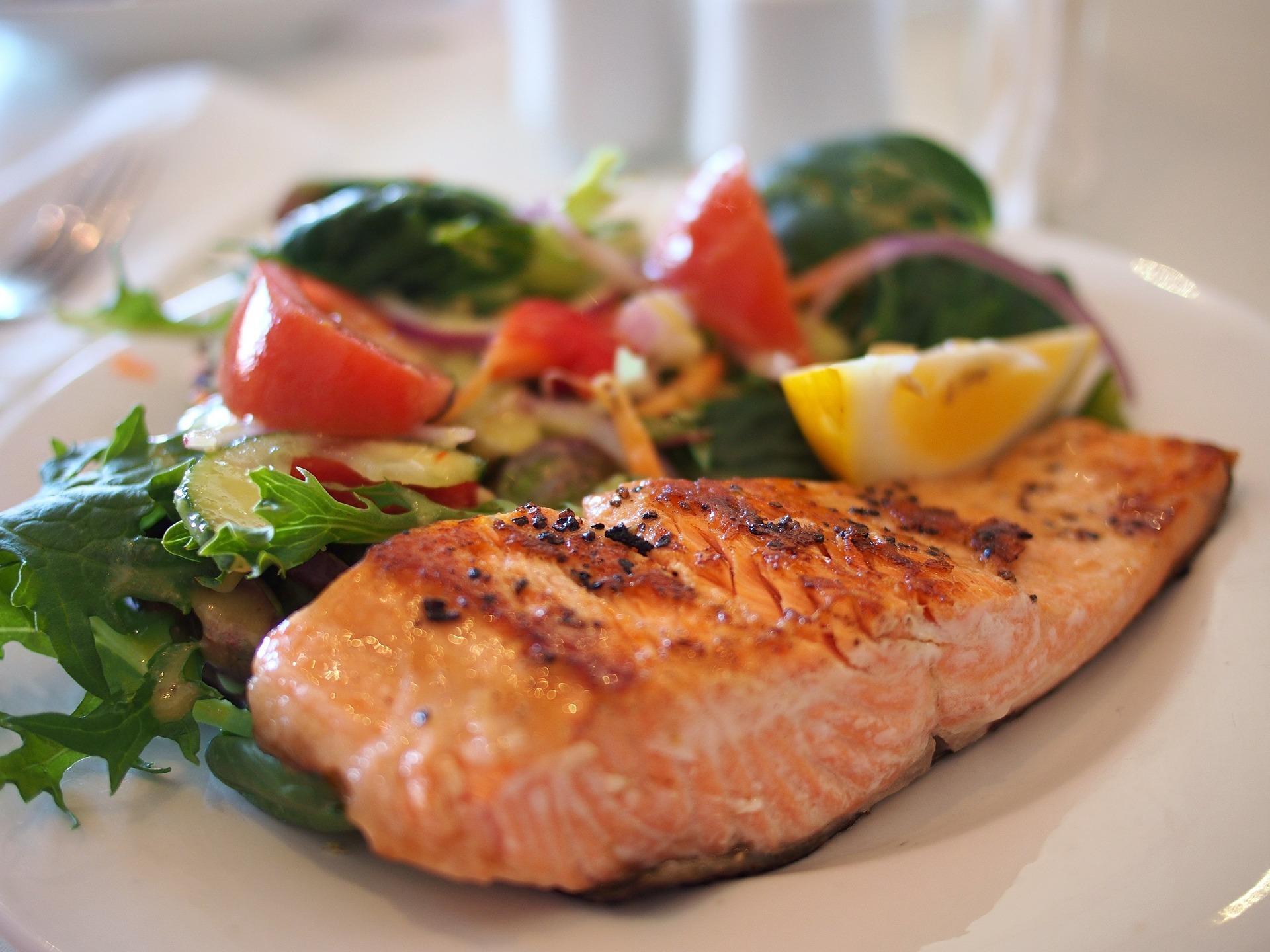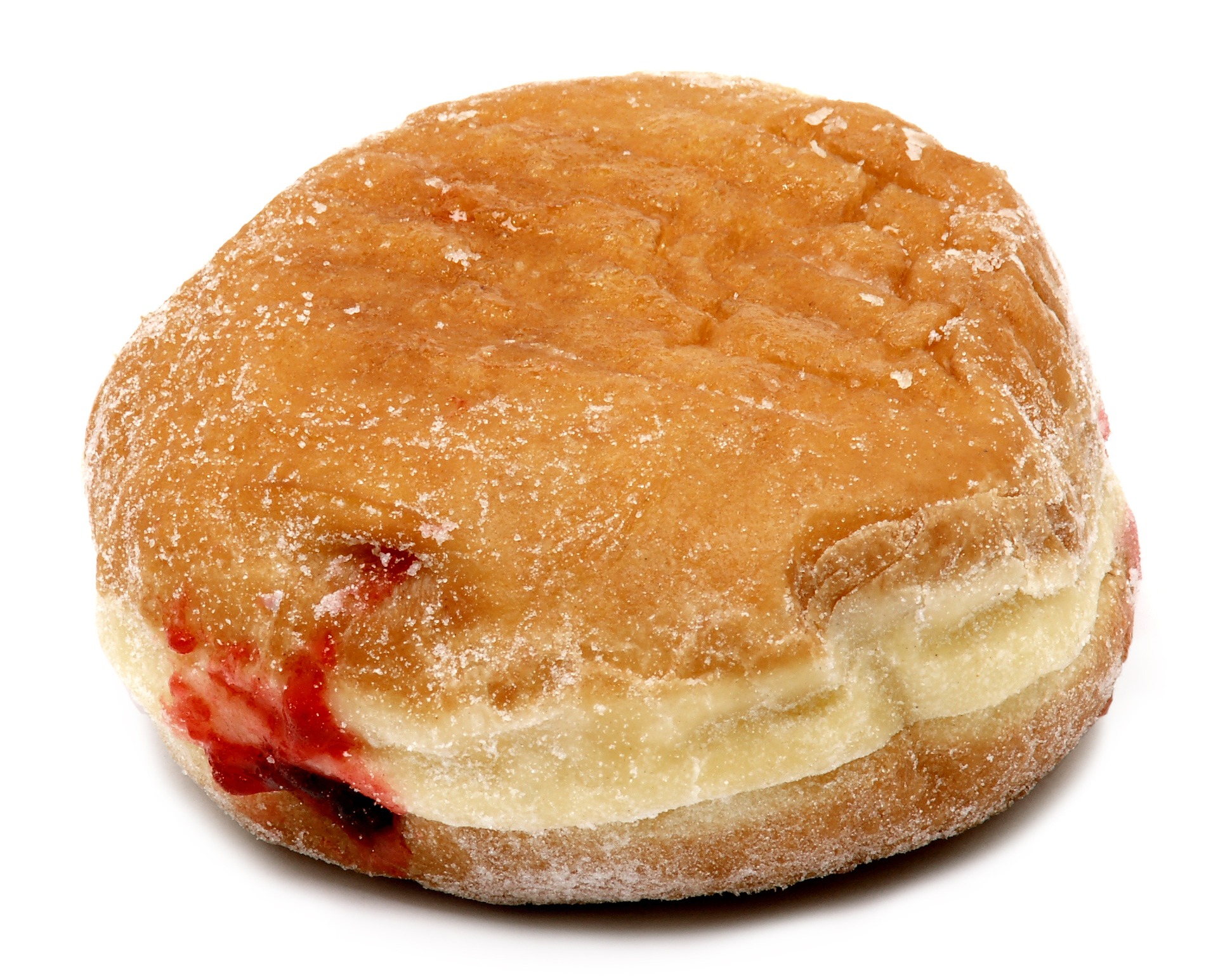




High Fat Low Carb & Ketogenic 101
Healthy eating doesn't mean giving up the foods that you love
It simply means changing the way that you make them
High Fat Low Carb & Ketogenic 101
Healthy eating doesn't mean giving up the foods that you love
It simply means changing the way that you make them
join the community
get updates on new recipes along with the latest tips, tricks and keto hacks
Latest Recipes
latest articles

What is Ketogenic Eating?
Simply put, Ketogenic (keto) eating consists of high fat, moderate protein, and very low carbohydrate intake. This triggers the body to convert stored fats into ketones for the use of energy in a normal, healthy process known as “ketosis”.
When you eat carbohydrates, they’re converted to glucose (blood sugar) for energy. The presence of this blood glucose triggers insulin, which clears the glucose and prevents your body from burning fat, both from your diet and on your body. In addition, much of the glucose that isn’t burned off is converted to body fat. As glucose is cleared, blood sugar drops even lower than it started. You experience a familiar post-meal energy “crash” and are soon hungry again, triggering an endless cycle of increased appetite, chronically elevated insulin, fat gain, inflammation, and disease.
By eliminating most carbohydrates, eating just enough protein, and getting the rest of your calories from fat, you control blood glucose and insulin. This allows your body to burn fat, both in your diet and on your body, the way that it was meant to. The end result is typically steady energy levels, a reduced appetite, and a leaner body. These effects make the ketogenic diet a powerful tool for fat loss and treating metabolic diseases like obesity, diabetes, and heart disease. There is also evidence that a ketogenic diet can be used to treat other diseases like cancer, Alzheimer’s, Parkinson’s, and epilepsy.
What is Ketogenic Eating?
Simply put, Ketogenic (keto) eating consists of high fat, moderate protein, and very low carbohydrate intake. This triggers the body to convert stored fats into ketones for the use of energy in a normal, healthy process known as “ketosis”.
When you eat carbohydrates, they’re converted to glucose (blood sugar) for energy. The presence of this blood glucose triggers insulin, which clears the glucose and prevents your body from burning fat, both from your diet and on your body. In addition, much of the glucose that isn’t burned off is converted to body fat. As glucose is cleared, blood sugar drops even lower than it started. You experience a familiar post-meal energy “crash” and are soon hungry again, triggering an endless cycle of increased appetite, chronically elevated insulin, fat gain, inflammation, and disease.
By eliminating most carbohydrates, eating just enough protein, and getting the rest of your calories from fat, you control blood glucose and insulin. This allows your body to burn fat, both in your diet and on your body, the way that it was meant to. The end result is typically steady energy levels, a reduced appetite, and a leaner body. These effects make the ketogenic diet a powerful tool for fat loss and treating metabolic diseases like obesity, diabetes, and heart disease. There is also evidence that a ketogenic diet can be used to treat other diseases like cancer, Alzheimer’s, Parkinson’s, and epilepsy.
what can i eat?
Every healthy diet should focus first and foremost on eating real, unprocessed food as often as possible, and a keto diet is no different. Beyond that, you’ll eat mostly fat (70% of calories), moderate amounts of protein (25% of calories) and very little carbohydrates (5% of calories or 25 grams).
You don’t need to count fiber in this number because it doesn't affect blood sugar, so there’s no need to limit most non-starchy vegetables.
Your fat can come from any naturally-occuring source: red meat, poultry, fish, eggs, dairy, butter, avocados, nuts and seeds and healthy oils like coconut, olive, ghee (butter oil), animal fats, and nut oils.
is that much fat good for me?
The idea that eating too much fat, particularly cholesterol-containing saturated fat, will “clog” your arteries and lead you down an unhealthy path of heart attacks and strokes has been drilled into our brains for the last 40 years.
This cultural acceptance that fat makes you fat was the result of dietary guidelines, medical advice and marketing based upon research that was at best, flawed and inconclusive, and at worst, biased and deceptive. The best research we have today overwhelmingly shows that dietary fat (even saturated fat) and cholesterol do not increase your risk of heart disease, stroke, cancer, diabetes, or obesity.
Food consumption since the 1970s has shown a significant decrease in the consumption of meat, eggs and dairy, with fruits and vegetables remaining constant. So what changed? Our Consumption of carbohydrates, particularly sugar, has increased significantly. In this time we have drastically increased our rate of chronic disease and obesity. We now have obese infants.
can't i just eliminate "Refined" sugar?
Restricting sugar as much as possible is a good idea regardless of your chosen diet. Other carb sources, like whole fruit and starchy veggies, are ok in moderation, but to fully enjoy the fat loss, limitless energy, and disease-fighting benefits that ketogenic eating provides, you must limit ALL carbohydrates (except fiber).
That’s because all carbs - whether from a can of soda, a bowl of oatmeal, or an apple - are converted to glucose in the body.
Glucose in any excess of your energy demands will halt ketosis. So while soda, oatmeal and whole apples are not equally nutritious foods, they’re all off-limits on a ketogenic diet.
Are Sugar and Carbs Really THAT Bad?
You don't need to eat much sugar before it converts into body fat and throws your hormones out of balance. This drives you to eat more and kick starts a vicious cycle known as metabolic syndrome, which ultimately leads to obesity, disease, and an early death.
In short, sugar is a dose-dependent toxin. Other carbs have less powerful negative effects, but in high doses or in those with a damaged metabolism, they trigger the same process.
Most of you are aware that too much sugar is generally unhealthy, but you may be skeptical as to just how unhealthy it actually is and the impact it has on your energy, weight, and overall health. Following a ketogenic diet, will allow you to almost immediately see benefits in your energy levels. It has been shown to reverse Type-2 diabetes and prevent you from getting it if you’re on the way there. If you are overweight, it will help you reach a healthy goal weight, maybe for the first time in your life.
Sugar is responsible for fatty liver disease in children, diabetes, stroke, heart disease, obesity and many mental disorders. This is happening because the average Western person is eating significantly more sugar than they did 100 years ago, and this is the single largest difference in our diet, that and the reduction of dietary fat.

Why Should You Listen to Us?
Why Should You Listen to Us?
Why you should take advice from two guys on the internet
CYA Disclaimer
We are not doctors. We are also not dietitians, nutritionists or health care practitioners of any flavor. Neither of us have a PhD or MS in nutrition science. We are just two guys with a burning desire to destroy the old paradigms of nutrition that continue to make so many people overweight and sick, incapacitating or killing millions and robbing us all of the ability to reach our full human potential.
But what makes us qualified to give you advice?
Nothing, except that we have access to the internet, which gives us access to latest research on nutrition science from medically and educationally qualified individuals and we have become very well-versed in reading and interpreting that research. We know how to convey it in a way that makes sense, not too much science, but enough to validate it. We are also critical thinkers, and we do our best to stay objective when a new study or opinion comes across our ears.
We also have some advantages over a number of researchers, medical professionals and the official stance of our public health agencies:
Our opinions are not influenced by pressure from food industry lobbying groups, which influence policy a great deal.
Our livelihoods and/or reputations are not dependent on believing nutritional theories in the face of overwhelming evidence to the contrary
We have not been promoting the wrong nutrition advice to the public for decades, thus are able to for unbiased opinions and able to admit our mistakes with new discoveries.
But surely you shouldn’t take nutrition advice from “the internet” before your doctor’s, right?
A better question is, what makes your doctor qualified on this subject at all?
Don't get me wrong - although I don't have a medical degree, I have huge appreciation for the years of hard work and dedication required to get one. However, nutrition simply isn’t a significant part of those years of study. On average, U.S. medical schools only offer 20 hours of nutrition education across four years of med school, and the word “nutrition” isn’t even included in board exams for internal medicine. Furthermore, how much of that nutrition education from 20 or more years ago is still relevant today? Your doctor may very well be knowledgeable on the current nutrition science, but it’s only because he or she has continued to educate themselves, not because they went to medical school or are required to do so.
There are many healthcare practitioners who are intelligent, well-versed on the latest research, unbiased, uncompromised and dedicated to helping people through the pursuit of the truth. However, there are also many who lack one or more of these qualities. That is a topic for another time, but suffice it to say we cannot simply trust the “authorities”, and even if we could, they rarely agree with one another. So we all have to seek the truth on our own.
We have followed the recommended guidelines for over 40 years, and American's have, on average, stuck to the recommendation, but the rates of sickness and obesity have skyrocketed. The results are in, whatever changes we've made to our diets over the past 40 years have doubled down on what makes us sick and avoided eating what makes us healthy.
Fortunately, access to information is no longer the problem. Even hard-core research once only accessible by digging through a university library is available to all on PubMed. Now the problem is sorting through all that information, and filtering out the clever (and not so clever) marketing, ignorant or biased opinions, outright lies (i.e., big sugar), the plausible but nonetheless faulty ideas and the poorly conducted research or credible research with the wrong interpretations..
Our mission...
is to do a small part to solve that problem and help you sort through it all, to provide some truth and destroy lies and faulty logic wherever we find it. However, you can and should take everything we say with a grain of salt. By no means are we even close to the most knowledgeable sources, even on the topics we focus directly on. There is still so much to learn and be discovered and we will share what we learn and point you in the direction of the experts.
With so much pseudoscience and misinformation out there, it’s not easy to find the truth, but ultimately we are solely responsible for our own health and that of our family. The truth is out there. Sorry, that was from The X-Files.
But seriously, go find it, one way or another, and keep yourselves alive and healthy for as long as fate allows.
- Greg & BG
Lastly and once again - we are not doctors, we are not scientists. But, in the tradition of science we ask you to question everything, do your own research and draw your own conclusion. Don't trust a marketing ad just because it says healthy and organic, trust it because you read and understood the label. Clever marketing is everywhere and they are so good at spinning the idea of health that they can spin a glass of sugar and water into a healthy, daily food... PS I'm talking about orange juice, apple juice and the whole lot of fruit juices.


























